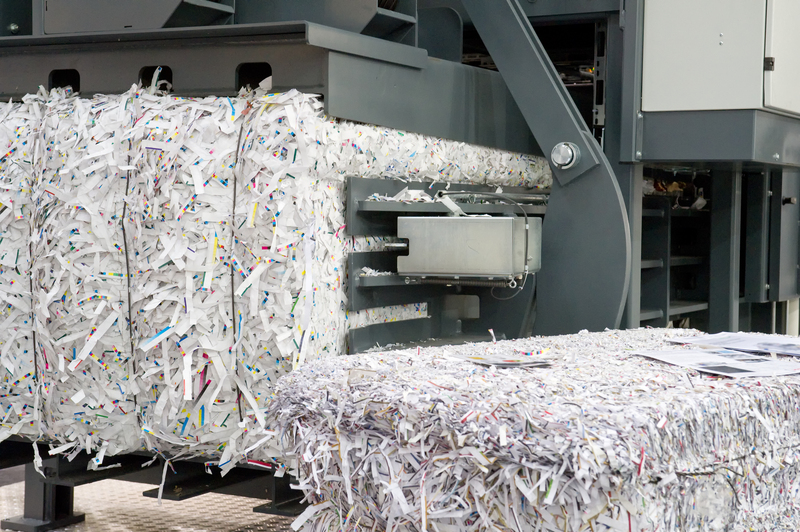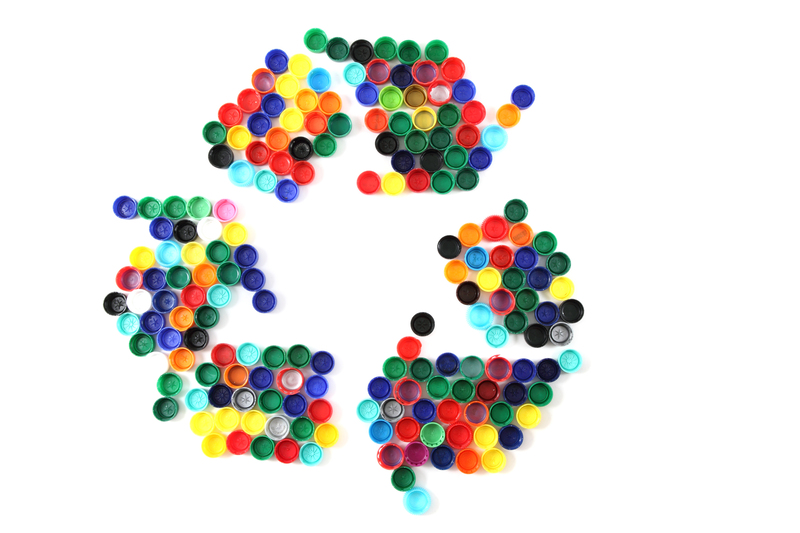Sustainable Solutions for Solid Waste Disposal in Developing Countries
Posted on 06/09/2024
Solid waste management is a critical issue in developing countries that continues to pose significant challenges. With rapid urbanization and population growth, the volume of waste generated has increased significantly, leading to severe environmental and public health problems. According to the World Bank, developing countries generate about 2.01 billion tons of solid waste annually, with this number expected to rise to 3.40 billion tons by 2050 (1). Without proper management systems in place, these countries are facing a looming crisis.
As waste disposal practices in developing countries are often unsustainable, there is an urgent need for sustainable solutions. These solutions must not only focus on efficient waste management but also take into account environmental and social impacts. In this article, we will explore some sustainable strategies for solid waste disposal in developing countries, their benefits and drawbacks, as well as key takeaways for effective implementation.
The Current Scenario
The traditional method of open dumping or burning of waste is still prevalent in many developing countries due to inadequate infrastructure and resources for proper waste management. This approach not only results in air pollution but also poses a serious threat to groundwater and surface water sources. It also contributes significantly to the emission of greenhouse gases, exacerbating the issue of climate change.
Moreover, informal waste pickers or scavengers often work under hazardous conditions to collect recyclable materials from dumpsites. They are exposed to various health risks due to direct contact with waste, such as infectious diseases, skin infections, and respiratory illnesses. The lack of formal employment opportunities for these workers also makes their livelihoods uncertain.

Sustainable Solutions for Solid Waste Disposal
Developing countries need to adopt sustainable solutions that address the issues mentioned above while improving overall waste management practices. Some of these solutions include:
1. Circular Economy
One of the most promising ways to manage solid waste sustainably is by adopting a circular economy approach. This concept focuses on reducing, reusing, and recycling waste to minimize the need for disposal. Implementing waste separation at the source and promoting recycling can significantly reduce the volume of waste that ends up in landfills or open dumps.
Furthermore, a circular economy promotes the creation of new products from recycled materials, reducing the strain on natural resources. This approach can also create employment opportunities, especially for marginalized communities, and contribute to economic growth.
2. Waste-to-Energy
Waste-to-energy is another sustainable solution for solid waste disposal that involves converting waste into energy through various processes like incineration or anaerobic digestion. This method not only reduces the volume of waste but also generates electricity or heat to meet energy demands. It offers a viable alternative to fossil fuels, thereby reducing greenhouse gas emissions.
However, this approach requires significant investment and advanced technology, making it challenging to implement in developing countries. Moreover, there are concerns about air pollution caused by incineration and methane emissions during anaerobic digestion.
3. Sanitary Landfills
Sanitary landfills are engineered facilities that provide an environmentally safe disposal option for solid waste. They involve the use of liners and leachate collection systems to prevent groundwater contamination and avoid adverse effects on public health and the environment.
The construction of sanitary landfills requires substantial investment, which may be a barrier for developing countries with limited resources. Additionally, proper management and maintenance are essential to prevent leachate seepage and gas emissions, making it necessary for developing countries to have trained personnel and proper infrastructure in place.
The Pros and Cons
Pros:
- Sustainable solutions for solid waste disposal can reduce environmental pollution and improve public health.
- Adoption of circular economy principles promotes responsible consumption patterns and decreases the burden on natural resources.
- Waste-to-energy and sanitary landfills can generate energy and reduce the strain on fossil fuels.
- These solutions also offer employment opportunities, particularly for marginalized communities.
Cons:
- The implementation of sustainable waste management practices requires significant investment and advanced technology, which may not be feasible for developing countries with limited resources.
- Waste-to-energy poses air pollution concerns, while sanitary landfills require proper management to prevent adverse impacts on the environment.
- It may take time to see the full benefits of these solutions, as they require a change in attitudes and behaviors towards waste management.
Tips for Effective Implementation
1. Collaboration: Sustainable solutions for solid waste disposal require collaboration between governments, private sector entities, and communities. This partnership can facilitate the allocation of resources and expertise needed for effective implementation.
2. Stakeholder involvement: All stakeholders, including waste pickers, must be involved in decision-making processes to ensure their voices are heard and their needs are considered.
3. Education and awareness: Educating the public about the importance of responsible waste management and promoting behavior change is crucial for the success of sustainable solutions.
4. Investment in infrastructure: Developing countries must invest in adequate infrastructure such as recycling facilities, composting plants, and sanitary landfills to enable efficient waste management.

Key Takeaways
1. Sustainable solutions for solid waste disposal focus on reducing, reusing, and recycling waste to minimize its impact on the environment and public health.
2. Collaboration between government, private sector entities, and communities is essential for the successful implementation of these solutions.
3. Education and awareness play a vital role in promoting responsible waste management practices.
4. Developing countries must invest in infrastructure to enable efficient waste management.
Conclusion
Sustainable solutions for solid waste disposal are critical in addressing the challenges faced by developing countries. The implementation of circular economy principles, waste-to-energy technologies, and sanitary landfills can significantly reduce the environmental and social impacts of waste. However, these solutions require collaborative efforts, adequate resources and infrastructure, and behavior change to be effective. It is imperative for developing countries to prioritize sustainable waste management practices to create a cleaner, healthier, and more prosperous future for all.
Latest Posts
How to Separate Trash Efficiently
Ways to Reduce Your Environmental Impact






